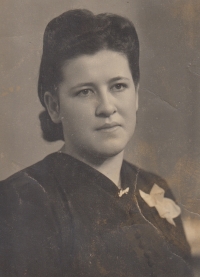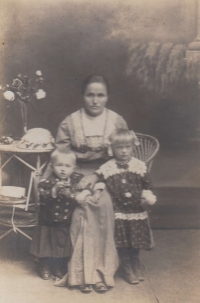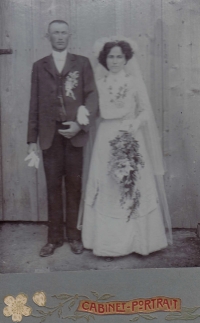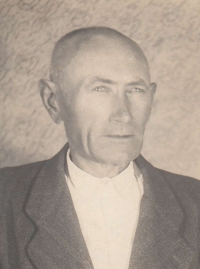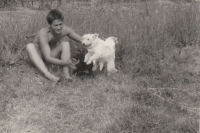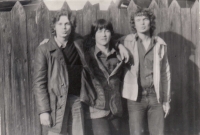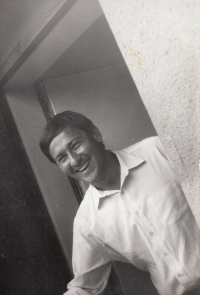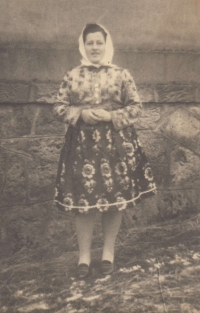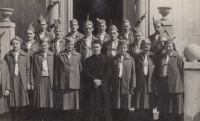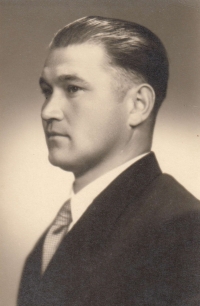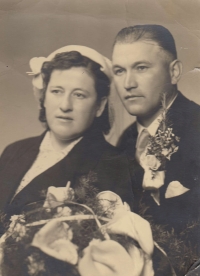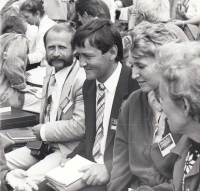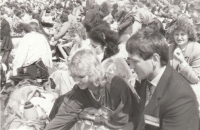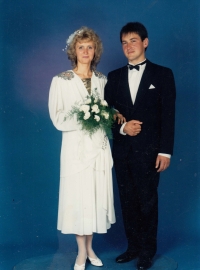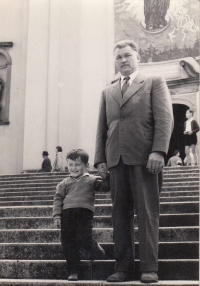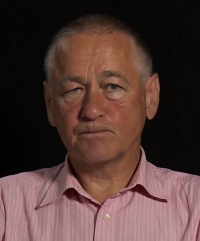Being a prisoner of conscience for five years

Download image
Jiří Spáčilík was born on 5 April 1962 in the Olomouc maternity hospital into the family of Josefa and Vincenc Spáčilík. His father was a private farmer until 1979. It was not easy for him. Already during the 1950s the family lost their breeding stock - prime breeding bulls that ended up in slaughterhouses. The second time, the Spáčilíks lost almost everything when the communist regime confiscated their fields at the end of the 1970s. Jiří grew up in Tučapy in South Moravia, later the family moved to Dub nad Moravou, where he also finished primary school. He then trained as a bricklayer. Because he refused to join the communist party, he was not allowed to complete his follow-up studies and graduate. In the early 1980s, Jiří Spáčilík met Jehovah’s Witnesses, who led him to faith and Bible study. On the basis of these lessons and knowledge, he refused to accept the draft notice for basic military service in 1981. He was arrested the same day and later sentenced to twenty months imprisonment. He served them in Bělušice. This was at a time when Jehovists were being arrested and imprisoned in the whole republic. In the Bělušice prison, he met several fellow Jehovah’s Witnesses and together they practiced the Memorial Feast - the only holiday that Jehovah’s Witnesses recognize - which is the commemoration of Jesus’ Last Supper with the Apostles. After his release, Jiří Spáčilík returned to his job, but the following year he was called to military service again. This time he refused again and was sentenced to three years in prison. He served his entire sentence in one of the worst prisons, notorious for its brutality and inhumane conditions - in Minkovice, where many other prisoners of conscience, including Petr Cibulka and Jiří Gruntorád, went through. After the Velvet Revolution, he married his colleague in faith Małgorzata, with whom they raised their daughter Martina. Thanks to his profession as a bricklayer and builder, he helped to build several Jehovah’s Witness prayer houses. Jiří Spáčilík was living in Újezd near Uničov at the time of the interview.
